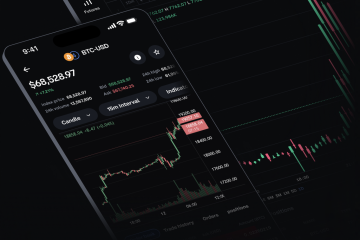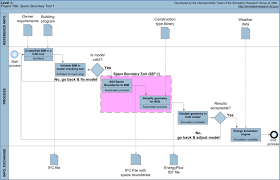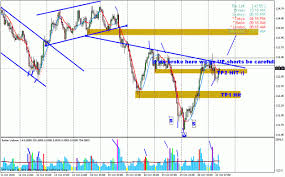What You Need to Know About Premarket Trading

Introduction to Premarket Trading
In the world of finance, the premarket trading session plays a crucial role in shaping the stock market dynamics ahead of the official trading hours. This early trading phase, which takes place before the regular market opens, allows investors to trade stocks based on news and events that may affect company performance and market sentiment.
The Importance of Premarket Trading
Premarket trading occurs between 4:00 AM and 9:30 AM EST and serves several important functions for investors and traders alike. During this time, market participants can respond to overnight news, earnings reports, and geopolitical events that may influence their trading strategies. For instance, a company announcing positive quarterly earnings before the market opens might see its stock price surge in premarket trading, setting a bullish tone for the day.
Market Movers
Several factors can lead to significant stock price movements during premarket hours. High trading volumes, especially in large-cap stocks, can indicate that investors are reacting strongly to news releases or macroeconomic data. Additionally, premarket trading can also provide insights into how stocks might perform once the regular trading session begins.
Challenges of Premarket Trading
Despite its advantages, premarket trading also comes with its own set of challenges. For one, the trading volume is typically lower than during regular hours, which can result in wider bid-ask spreads and increased volatility. This lack of liquidity can make it more difficult for traders to execute large orders at their desired prices, leading to potential losses if the market turns against them.
Investing Strategies
Investors looking to capitalize on premarket trading should adopt strategies that account for the volatility and liquidity issues. Using limit orders instead of market orders can help manage risk, as these orders set a specific entry or exit price, ensuring that traders do not get caught in unfavorable trades.
Conclusion
In summary, premarket trading is an essential aspect of the financial markets that allows investors to react to news and events before the regular trading session begins. Understanding its implications is critical for savvy investors aiming to make informed decisions in a rapidly changing market environment. As the financial landscape evolves, those who engage with premarket trading may gain a valuable edge in navigating the complexities of stock market movements.









